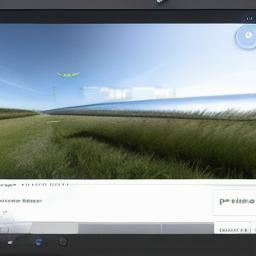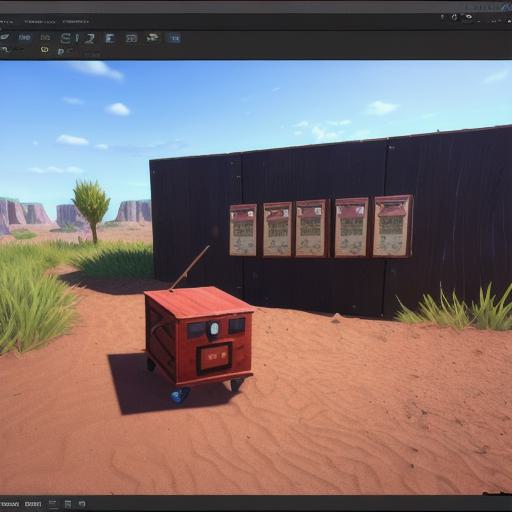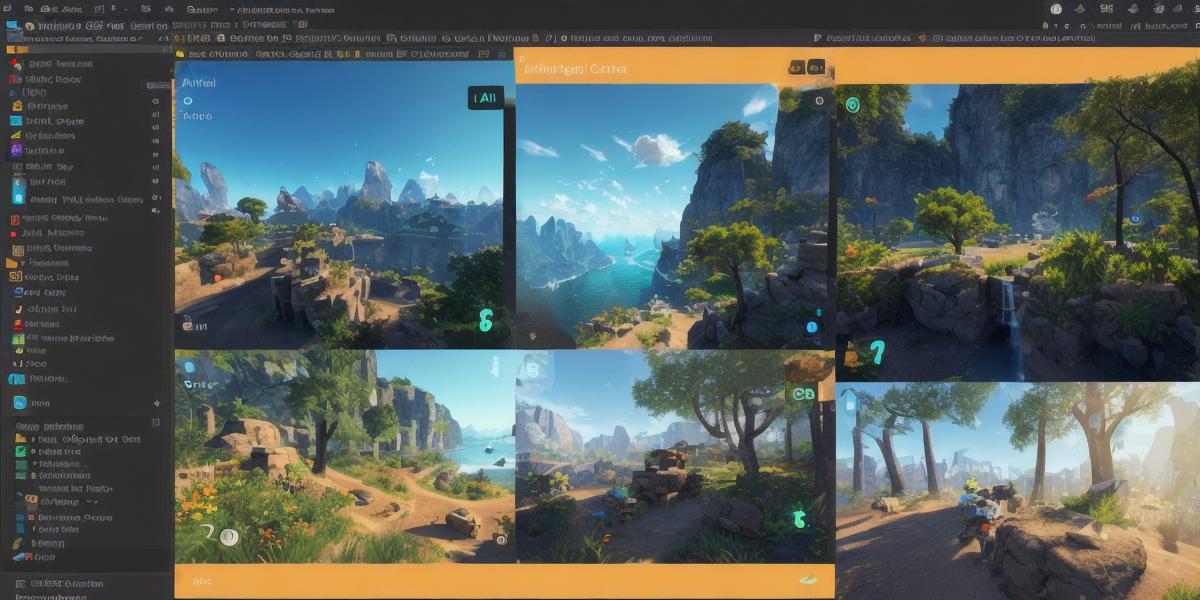Game development has become a popular industry, with millions of people playing games across different platforms. Developing games is not an easy task; it requires creativity, technical skills, and a deep understanding of game design principles. One of the most popular tools used in game development is Unity. Unity is a versatile game engine that enables developers to create games for various platforms, including PC, mobile, console, and web. In this article, we will explore how Unity can generate solutions for game development.
Understanding Unity
Unity is a cross-platform game engine developed by Unity Technologies. It was first released in 2005 and has since become one of the most popular game engines globally. Unity allows developers to create games using C or JavaScript, making it accessible to programmers with different skill levels. Unity supports both 2D and 3D game development, and its user-friendly interface makes it an excellent tool for beginners.
Why Choose Unity?
Unity has several advantages that make it a top choice for game developers. Here are some of them:
Versatility
Unity supports multiple platforms, including PC, mobile, console, and web. This versatility means that you can create games for different devices using the same codebase, reducing development time and costs.
User-Friendly Interface

Unity has a user-friendly interface that makes it easy to create games without writing complex code. The engine comes with several built-in tools that simplify game development, including an animation editor, particle system, and scripting tools.
Large Community Support
Unity has a vast community of developers who contribute to its open-source repository, which contains thousands of assets, plugins, and templates. This support makes it easy for developers to find solutions to common problems and get help when needed.
Scalability
Unity is scalable, meaning that you can create small games or large-scale projects with ease. The engine can handle complex graphics and physics, making it suitable for creating realistic and immersive games.
Case Studies: How Unity Solved Game Development Challenges
Several companies have successfully used Unity to solve game development challenges. Here are some case studies that demonstrate how Unity has helped these companies achieve their goals.
Angry Birds
Angry Birds is one of the most popular games on mobile devices, with over 2 billion downloads worldwide. The game was developed using Unity and launched in 2009. The development team used Unity’s cross-platform capabilities to create a game that could run seamlessly on different devices, including iOS and Android.
Pokemon Go
Pokemon Go is a popular augmented reality (AR) game that was developed using Unity. The game was launched in 2016 and quickly gained popularity worldwide. The development team used Unity’s AR capabilities to create an immersive experience for players, allowing them to catch virtual creatures in real-world environments.
The Sims 4
The Sims 4 is a life simulation game developed using Unity. The game was launched in 2014 and has since become one of the most popular games on PC. The development team used Unity’s built-in tools to create a realistic and immersive world for players to explore.
Minecraft
Minecraft is a popular sandbox game that was developed using Unity. The game was launched in 2009 and has since become one of the most popular games on PC, console, and mobile devices. The development team used Unity’s flexibility to create a game that could be customized by players and run on different platforms.

Best Practices for Game Development with Unity
Here are some best practices for game development with Unity:
Optimize Performance
Unity provides several tools to optimize performance, including profiling tools and script optimization techniques. It’s essential to use these tools to ensure that your game runs smoothly on different devices.
Use Assets Wisely
Unity has a vast library of assets, including pre-made models, textures, and scripts. These assets can save you time and effort when developing games. However, it’s essential to use them wisely, as overusing assets can result in large file sizes and slow loading times.

Follow Game Development Best Practices
Game development requires following best practices to ensure that your game is high-quality and easy to maintain. Some of these best practices include version control, code documentation, and testing.
Collaborate with Other Developers
Developing games can be challenging, and collaboration with other developers can help you overcome these challenges. Unity provides several tools for collaboration, including version control systems and project management software.
Summary
Unity is a powerful game engine that enables developers to create games for different platforms using C or JavaScript. Its versatility, user-friendly interface, scalability, and large community support make it an excellent tool for game development. Several companies have successfully used Unity to solve game development challenges, including
Angry Birds
,
Pokemon Go
, The Sims 4, and
Minecraft
. By following best practices and using assets wisely, developers can create high-quality games using Unity.



